Reducing plastic as a family is easy. Here’s how.
Ten planet-friendly life hacks to help your family cut down on rubbish…
One of the best ways to help solve the world’s plastic waste problem is to reduce plastic use in the first place. And that doesn’t have to be difficult! Read on to discover ten top tips families can use to cut down on plastic…
What’s the problem?
Your family might use plastic bottles or bags for just a few minutes, but those items don’t disappear when they’re thrown away. Single-use items like these account for more than 40% of plastic waste, and each year about 8.8 million tons of plastic rubbish flows into the ocean. This waste endangers wildlife, pollutes the water, and puts human health at risk.
The stats are scary, but you’ve got a secret weapon to help reduce plastic waste: your kids.
Many children care deeply about wildlife – they certainly don’t want to see the favourite animal struggling in a world full of plastic – and kids understand they’re inheriting an Earth in crisis.
But small changes to your family’s routine can empower your children to make a real difference. Here are some of our faves…
How to reduce plastic waste as a family
1 – Straws suck
Many cafes, restaurants and even pop-up shops have swapped from plastic straws to paper ones. But you can go one step further. Help your kids swap out the disposable straws by letting them choose a colourful, reusable straw. Keep it handy for restaurant visits or snack stops.
2- Keep it in a cone
At the ice-cream van, choose a cone over a cup with a plastic spoon. And if your family want to push for a bigger change, take if further by helping your kids talk to the seller about switching to compostable utensils. They might just be cute enough to change someone’s mind!
3 – Better birthday bags
As birthdays approach, rethink the goody bags. A few days after the party, those plastic yo-yos and other throwaway toys start to look like rubbish. Work with your kids to choose Earth-friendly, non-plastic giveaways like homemade treats or vouchers to a local shop. (Read our zero-waste party guide for more top tips.)
4 – Greener lunches
The average 8–12-year-old kid throws away about 30kg of lunch rubbish every year. So, instead of packing your kids’ sandwiches in plastic bags, get reusable wrappers made of cloth or beeswax – or a reusable box. Then toss an apple or banana in the bag instead of a plastic-wrapped snack. (Here are some fun options for Halloween.)
Buying treats or snacks in bulk, then distributing them into small, reusable containers each day can also help cut down on waste.
5 – Don’t float away
If you’re planning a trip to the beach, make sure those plastic buckets, beach balls and inflatable rubber rings don’t float out to sea. Reduce plastic waste in our oceans by putting your kids in charge of tracking these items and making sure the toys are back in the car at the end of the day. Here are more tips to help kids look after our oceans.
6 – That’s a wrap
Items shipped to your home often come wrapped in plastic packaging, and toys bought at the shops are also covered in it. When your kids want something, help them brainstorm ways to avoid the excess plastic. Some things can be bought second-hand, others can be shared or borrowed, and some stuff doesn’t need to be purchased at all. (Find out more with our sustainable shopping guide.)
7 – Recycle right
Not all plastics are recyclable, but some items – like drinks bottles and plant pots – are. Learn what your local recycling plant is able to accept, then make it a priority to separate your waste at home.
Keep an eye out for plastics that can’t be recycled at home but can be taken to supermarkets for recycling on your next shop. And if your family want to take things a step further, you could even encourage your kids to push for change at school.
8 – Ban the bottle
Let each of your kids select a reusable water bottle, then give them the responsibility of hanging on to it.
Look out for other bottles in your home that can be avoided, too. For instance, you can let each child choose their own type of bar soap instead of purchasing a plastic bottle of liquid soap to share.
9 – Buy in bulk
Purchase things like popcorn kernels, cereal and pasta in bulk to cut down on packaging waste (ideally using your own containers, if you can), then pull out your tote bag to take it all home.
Work with your kids to choose and decorate reusable containers for each item and have them sort the food into their respective containers.
10 – Waste warriors
If you find yourself with a free Saturday, grab the kids and join a community clean-up. You’ll not just be beautifying the neighbourhood – you might help change laws. Groups that host the clean-ups sometimes weigh the waste, which helps leaders make decisions about laws that encourage people to throw away less rubbish.




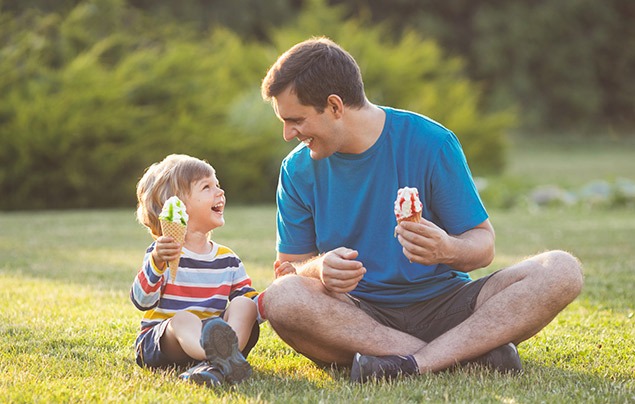
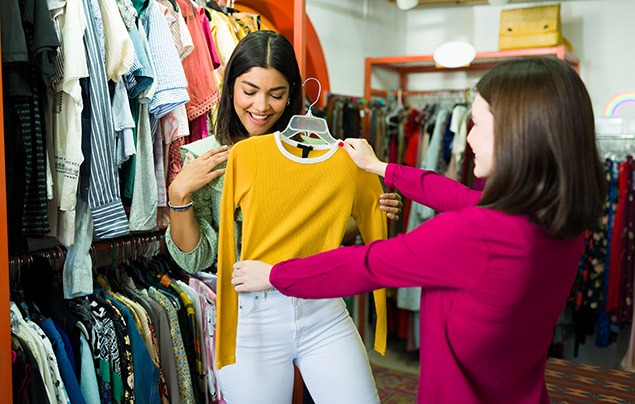
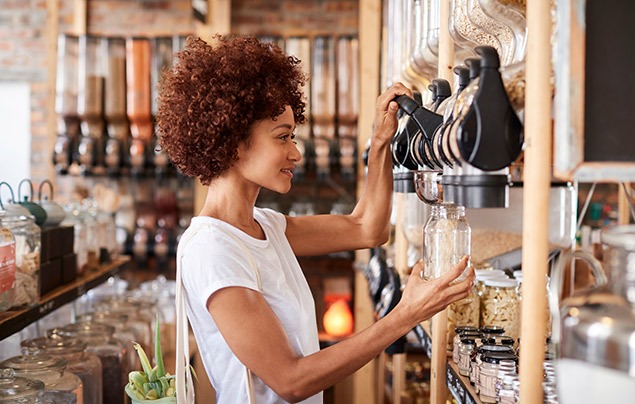

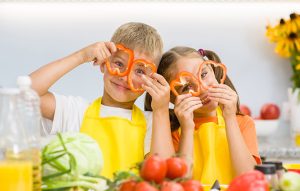

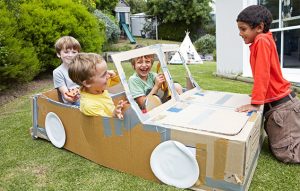




LEAVE A COMMENT
THANK YOU
Your comment will be checked and approved shortly.
WELL DONE,
YOUR COMMENT
HAS BEEN ADDED!
COMMENTS
CUSTOMIZE YOUR AVATAR